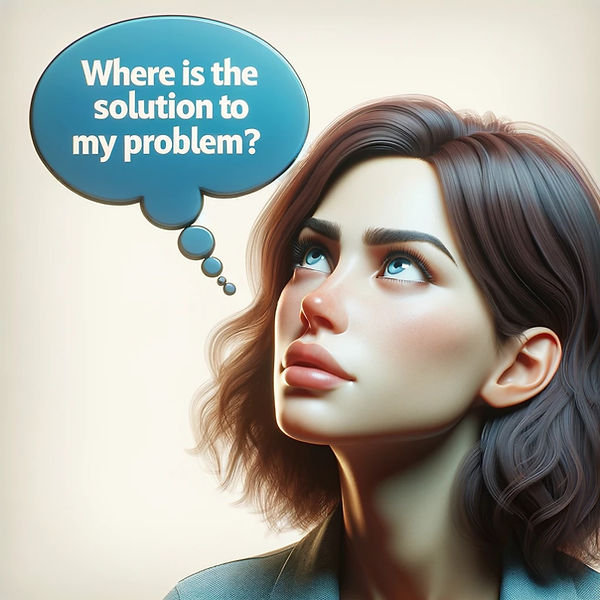AskDwightHow.org 365/24/7

14m 24s


We'll get your problem solved one way or the other. Open this door

What is BPH? (NOT TRUE)
BPH stands for Benign Prostatic Hyperplasia. It is a non-cancerous enlargement of the prostate gland that can cause symptoms such as:
-
Frequent urination
-
Weak or interrupted urine flow
-
Difficulty starting or stopping the flow of urine
-
Urinary tract infections
-
Kidney damage
BPH is a common condition that affects many men, especially as they age. It is not cancerous, but it can significantly impact the quality of life. Treatment options range from lifestyle changes to medications and surgery.
Although BPH does rank up there with the severity of cancer, heart disease, diabetes, and Alzheimer's, it's better not to have it.
BPH and me
I was originally diagnosed with BPH when I was living in Shanghai at about 60 years old.
Despite trying various supplements to alleviate the symptoms, particularly the frequent need to get up multiple times during the night to urinate, I found no success.
More recently, I considered surgery and decided to take some medications designed to improve urine flow and potentially reduce prostate size over six months or more. However, after a few months on these drugs, I still had to get up 4-6 times a night to urinate, with only moderate improvement in my ability to urinate more quickly.
The breakthrough ("fingers crossed," although I don't think that helps)
Recently, although I had read the book before, I have been spending 30 minutes a day to digest, line by line, the encyclopedic book, "How Not to Age," by Dr. Joel Greger, published on Amazon on December 5th, 2023.
Based on various clinical studies cited by Dr. Greger about effectively reducing prostate size (which I had missed during my initial skim of the book), I began my own regimen of three different supplements on June 15th, just 15 days ago. At the same time, I stopped all the medications I had been taking for BPH. Prior to this change, I was waking up 4-6 times each night to urinate.
-
1.5+ grams of cranberry powder (no sugar)
-
10,000 IU of vitamin D3
-
5+ grams of raw pumpkin seeds
In the two nights before last, I only got up to pee twice. Last night, I didn't need to pee until it was time to wake up, giving me almost eight hours of uninterrupted sleep. And in just 15 days!
This isn't a clinical study; it's just an experiment with myself and lacks a control group. I don't know yet if these results will continue, but we'll see. I am going to continue with my three-supplement regimen.
Unlike the medications I was taking, which can have negative side effects, these three supplements offer various health benefits beyond just helping with BPH.
My promise to you
If these initial very promising results don't continue in any significant way, I promise to post an update here. Otherwise, you can assume that they are continuing and maybe even better.
Even if you don't have BPH...
The AI Perplexity states that several studies show that men with frequent urination problems caused by an enlarged prostate (benign prostatic hyperplasia or BPH) are quite likely to try to hide their condition.
BPH is quite common. A general rule of thumb (at least in the USA) is: 50% of men in their 50s will have it; 60% of men in their 60s will have it; 70% of men in their 70s will have it, and so on.
Someone you love may want to know about this suite. Use some courage to tell them.










